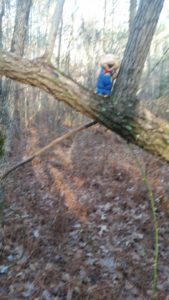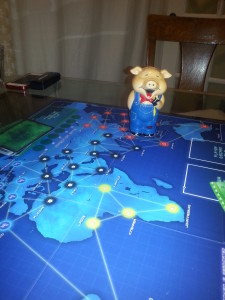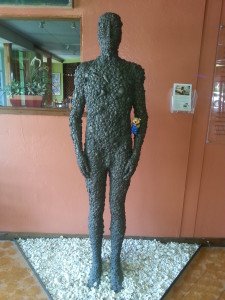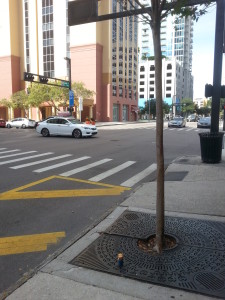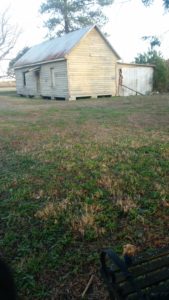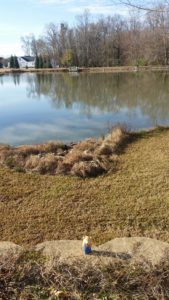
Me: What is on your mind?
Prodigal: Just the ways that God works.
Me: There are many ways that God works.
This is from the book The God Who Hung on the Cross by Dois Rosser Jr. and Ellen Vaughn
One night a young Indian man came to me. “I know you’ve been building churches,” he said. “Would you come look at a church that our congregation is helping?”
I wanted to see the church, but I was exhausted. We had been going to bed at midnight, getting up at five each morning; the days were full of ministry and the nights as well. My spirit wanted to see his church; my flesh just wanted to go to bed.
The next day, the same man was back. “Won’t you come see my church?’ he asked.
I put him off again. But the next day there he was again, and finally, just like the persistent widow who came after the unrighteous judge in Christ’s parable, he wore me down.
“How far is it?” I asked.
“Oh, just a short drive, maybe an hour and a half from here,” he said confidently.
Well, an hour and a half of Indian time can be rather different from American time.
About four hours after we started out in our beat-up jeep, bouncing and jolting over the dusty roads, we pulled into a clearing near a mountain. We parked the jeep. In the distance, up a jagged hill, I could see a clearing with the roughed-in structure of a church building.
Three large stones marked the entrance to the path up the incline. They were about ten feet high and almost as wide-irregular, heavy gray boulders. Painted on each one was a white washed sign of the cross.
In the distance I could see people slowly making their way toward us. Acrid smoke rose from a buffalo-dung fire; in the haze I could see few ghostly figures tending the blaze.
My Indian friend had neglected to tell me something. As we climbed the hill, I realized that I was looking at a leper colony.
It was like a scene from the New Testament. My heart twisted as I saw men and women with ragged strips of cloth wrapped around the stumps where their fingers had been. Many wore cloths over their disfigured faces. They shuffled forward to greet as their toe less feet stirring up small clouds of dust.
As we greeted them, I realized not all were lepers. Many of the children were healthy, and so were some of the spouses. But they had been ostracized as well.
As the people shyly welcomes us, our Indian friend translated: “They want you to see their church,” he said.
We walked further into the little camp. As we drew closer to the church, I was thunderstruck. Still in the early stages of construction, the church was already four levels of heavy stone. The people were working together; those who were able had hacked big granite slabs out of the mountain, and the others had carried them down to build that church. I can still see them in my mind’s eye; gaunt men and women edging down the mountain path on their crippled feet, cradling heavy granite boulders balanced on their finger less hands. Then they would lay their burden on the wall, and a skilled worker would lay it in and mortar the joints. They had been working for over a year and had no funds to continue to the next stage.
Later, as we prepared to leave, the pastor of the leper colony asked if they could pray for us–and if we could pray for them. We gathered in a circle. I closed my eyes–but then, as the pastor began to pray, I heard a rustling. I looked. There, lying on the ground, their saris and shawls spread out like ragged flags, were all the members of that leper community, prostrate before the living God. As I watched them, I realized that they were no longer this world’s untouchable rejects, pathetic people to be pitied. They were glad subjects of the King of Heaven.
The faith of those lepers in India was absolutely humbling. There we were, rich Americans with every resource at our fingertips-bowled over by the sight of men and women building a church with nothing at their fingertips. Not even fingers.
But that sight of weak and partial people physically moving a mountain of stone should be no surprise. It’s the same paradox by which God has chosen to work since the beginning. He uses the weak and powerless things of the world to show His mighty power. He is the One who builds His church, stone by living stone.
Romans 10:20
Then Isaiah is so bold as to say, “I have been found by those who did not seek me; I have shown myself to those who did not ask for me.
Jennifer Van Allen
www.theprodigalpig.com
www.faithincounseling.org
